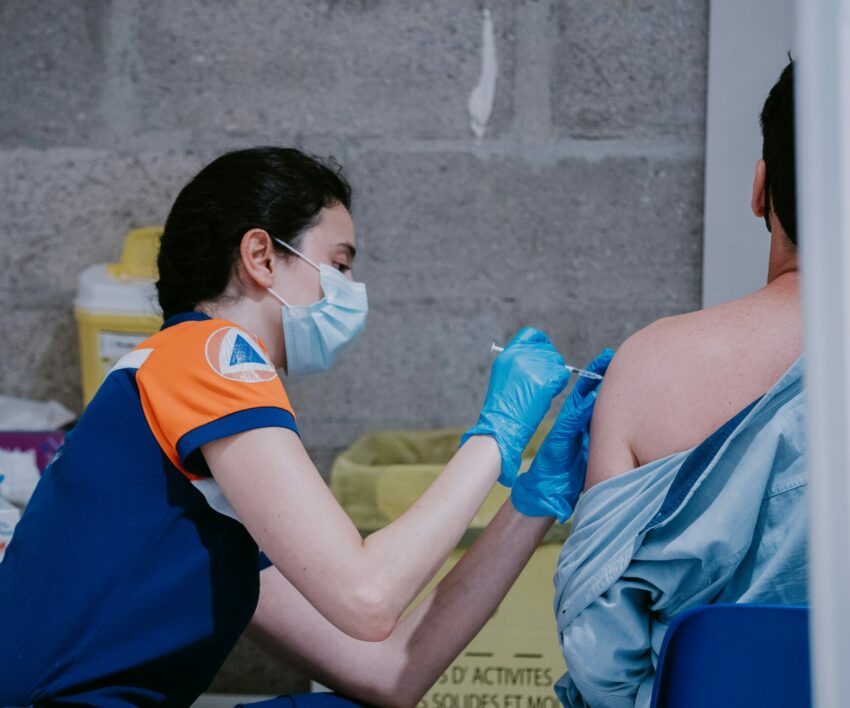
Minister of Health Joe Phaahla calls for public vigilance as a laboratory-confirmed case of monkey pox disease also known as Mpox has been recorded in Gauteng.
This follows after a 35-year-old Gauteng male recently tested positive to the disease.
According to the statement issued by the health department, Mpox is a rare viral infectious disease in humans caused by the monkey pox virus (MPXV).
Although, the virus is not highly transmissible from person-to-person, but it has increased in global public health significance and can cause a painful rash, enlarged lymph nodes and fever. Most people fully recover, but some get very sick.
“According to the preliminary investigation and case findings reports, the patient has no recent travel history to countries experiencing an outbreak of the disease. Both the national and Gauteng Departments of Health have been actively involved and are managing the situation as per protocol and national guidelines. Contact tracing has in
continuing, identifying any additional linked cases of mpox in South Africa,” read the statement.
Symptoms to look out for:
- Face rash
- Rash on hands
- Rash on legs
- Swollen lymph nodes
- Back and muscle aches
- Intense headache
- High fever
Ways to prevent getting Mpox:
- Wash hands with soap and water frequently or an alcohol-based hand rub
- Clean and disinfect any contaminated surfaces
- Avoid contact with contaminated materials of an infected person such as bedding
- Wear a mask when handling any clothes or bedding of an infected person
- If contaminated materials need to be cleaned, wash them with warm water and detergent
As it stands, there is no treatment for Mpox, and most people recover within a few weeks after being infected. Once infected, stay at home (isolate) and avoid close contact with other for a period of 21 days or until fully recovered.
Also see: Getting to understand children with autism better




